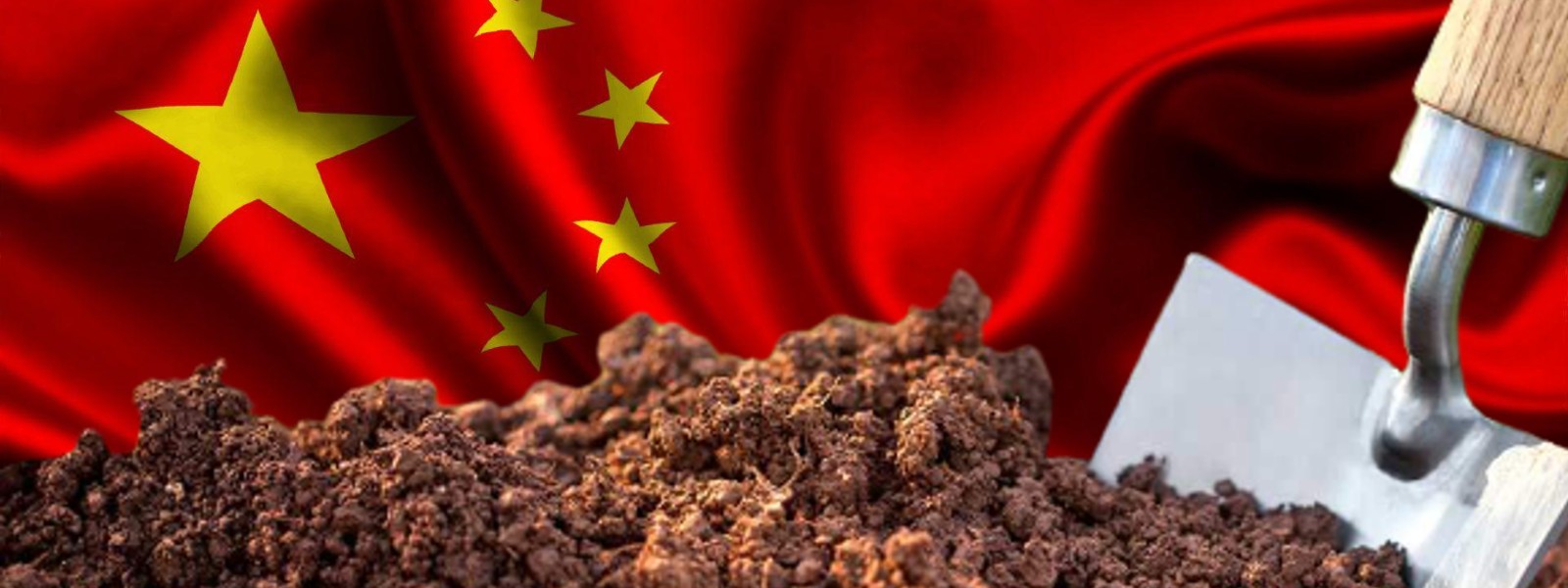Chinese company Qingdao Seawin Biotech Group Co., Ltd., which is in the midst of a controversy over a twice rejected shipment of organic fertiliser, would have to submit a fresh sample of the fertiliser stock to the authorities if the quality of the fertiliser was to be retested, according to the Department of Agriculture.
This came in the backdrop of the Economic and Commercial Office of the Chinese Embassy in Colombo blacklisting state-run People’s Bank over its failure to honour terms of a Letter of Credit (LC) that was opened to import organic fertiliser from China.
“A new sample must be sent by the Chinese company to be tested once again,” Department of Agriculture Director General Dr. Ajantha De Silva told The Sunday Morning.
He said the sample must be up to the standards set by the National Plant Quarantine (NPQ) tests.
“The fertiliser sample must pass the SLS (Sri Lanka Standards) tests and the tests carried out by the National Plant Quarantine Service,” he added.
When questioned on the claim by the Chinese that a German company had found no harmful substance in the Chinese fertiliser, Dr. De Silva asserted that third party testing was not considered by Sri Lanka.
“We don’t take into consideration any third party testing. We go by the tests of our National Plant Quarantine Service as well as that of the SLS, which are all in line with international standards,” he said.
Furthermore, De Silva said there was a court order banning the importation of the said fertiliser: “There is a court order in place stopping the importation of this fertiliser.”
Nevertheless, the Chinese Embassy in Sri Lanka claimed that both Chinese tests as well as a German company’s third party test found no harmful substances in the fertiliser.
“The key and only issue is the NPQ SL’s report. M/s Seawin complained that according to experts in China and the German third party inspection agency, no harmful substance was found in the fertiliser,” Chinese Embassy Spokesperson Lou Chong told The Sunday Morning.
He added that the Chinese fertiliser company and the German testing company had questioned the NPQ report.
“Sri Lanka’s report is very suspicious; (they) even did their tests in (the) wrong temperature against the International Plant Protection Convention (IPPC) standards,” Chong stated.
People’s Bank, in a press statement regarding the move by the Chinese Embassy in Colombo, denied that it defaulted a payment relating to a LC, and pointed out that delay in payments was due to an enjoining order issued by the Colombo Commercial High Court.
Minister of Finance Basil Rajapaksa, responding to a question by a journalist during a visit to the Dalada Maligawa yesterday (30), said that he was not aware of the Chinese Embassy in Colombo blacklisting People’s Bank.
The Government had also alerted the port authorities to not allow the vessel carrying the controversial shipment of fertiliser to dock in Sri Lanka.


